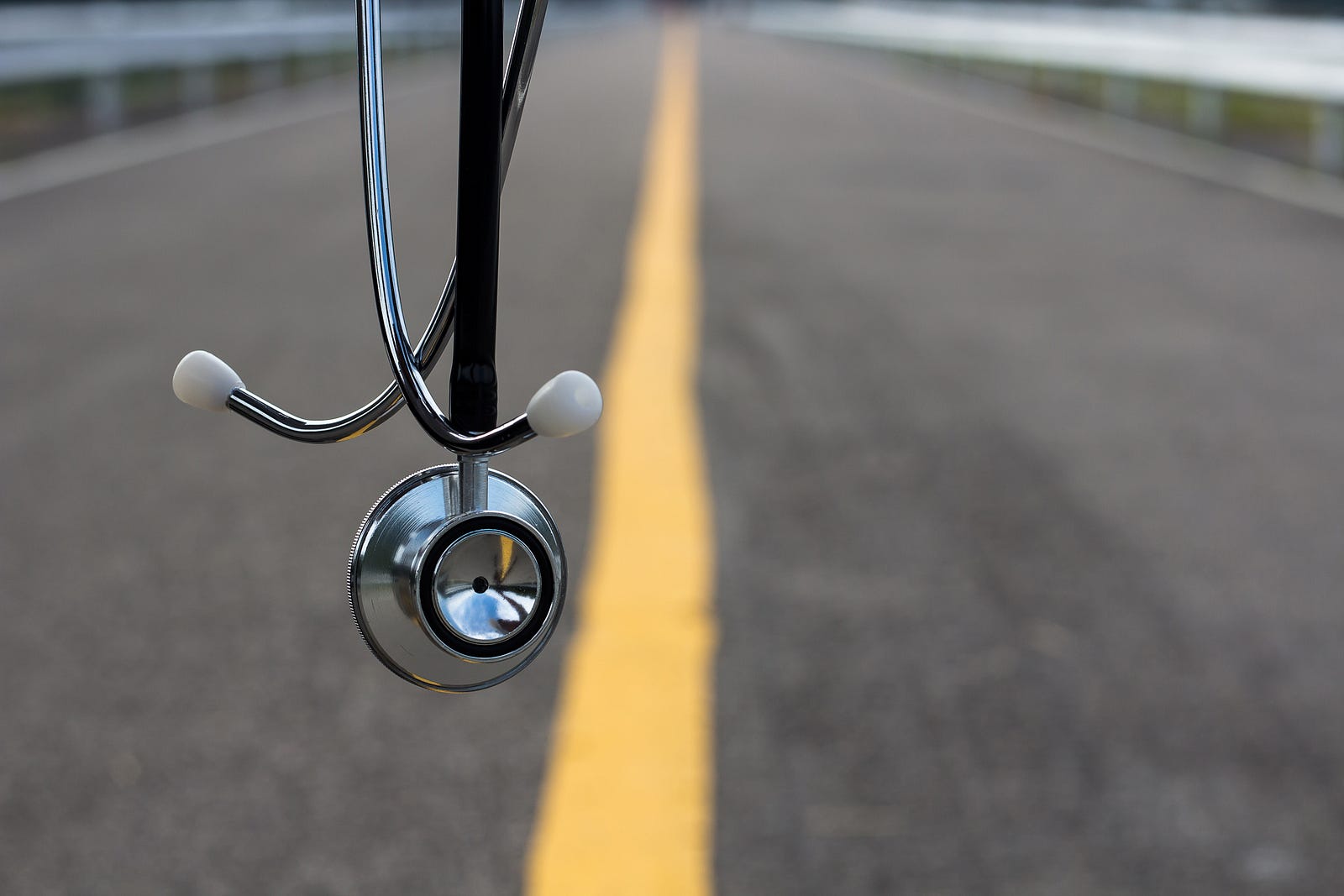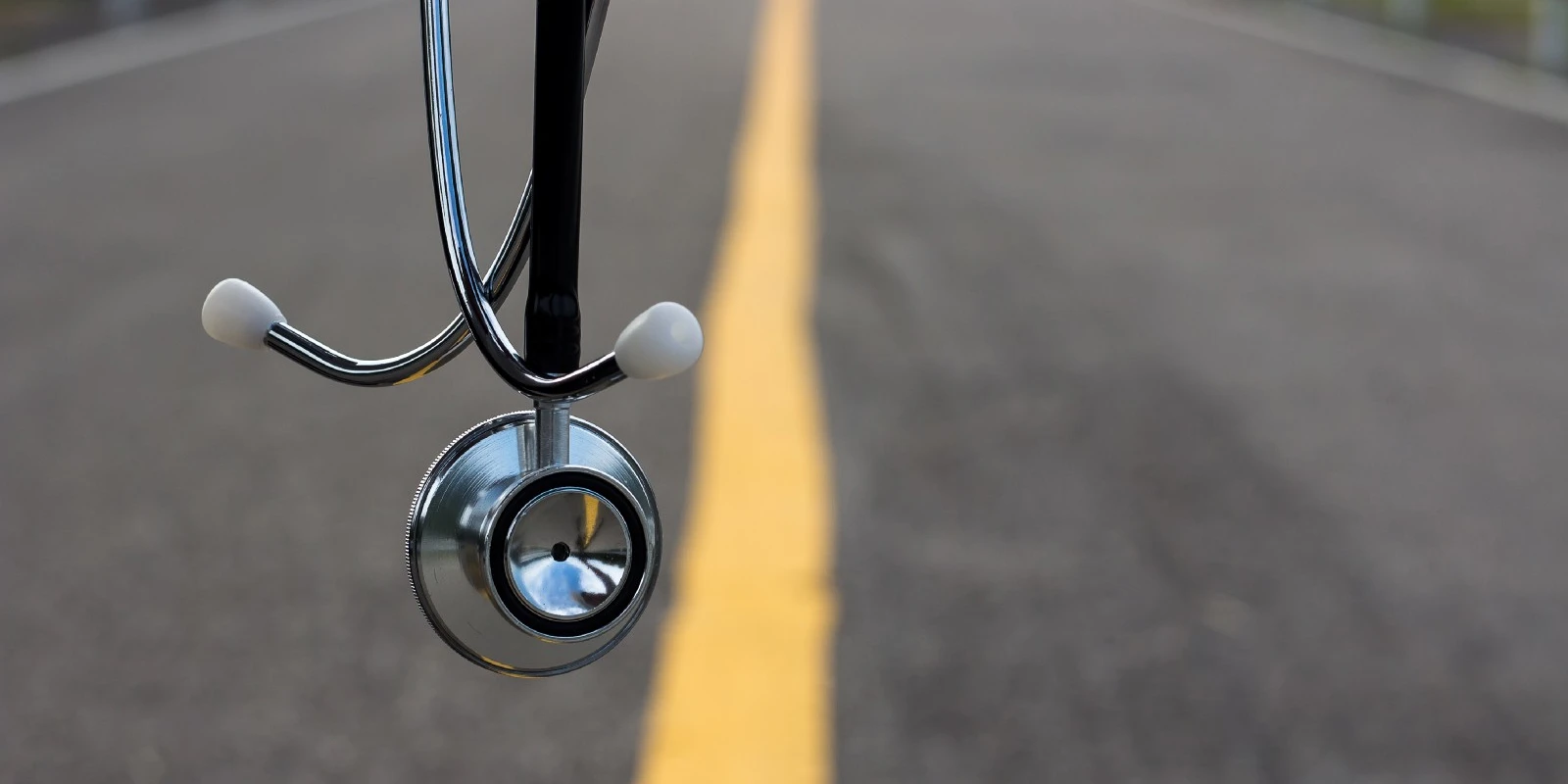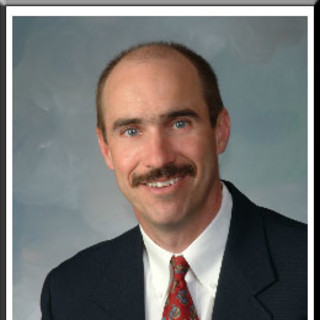
It was a crisp autumn morning, 1973. The yellow school bus was half full of kids. Giggling, shouting, sniffling and coughing were the sounds that came over the low rumble of the diesel motor.
Alternately blowing hot humid breath on the window and then drawing stick figures with bows and arrows, I noticed a figure on the side of the road. The jogger was making a good pace. As we passed he waived and I waived back. An older kid the next seat up said, “That’s Doc Norton, he jogs all the way out here in the country and back a couple of times a week.” I went back to my bows and arrows.
At school the teacher brought us all to attention. After the pledge of allegiance we sat at our desks while she went over the day’s activities. Our assignments were put up on the chalkboard. What was for lunch — goulash, what a terrible sounding meal, like a combination of gruel and ghoulish — was punctuated by an announcement that we would be going to the doctors office for our yearly physicals.
The day went about its usual course, lunch came and went, no recess unless you ate all your food. After recess it was announced that we would be leaving for the doctor’s office right away. We held hands and two by two headed off the three long blocks to Doctor Norton’s office. In Yutan, Nebraska main street was seven blocks long, no traffic light, there still aren’t any. As we walked down the sidewalk a teacher in front and a teacher in back, twenty-six kids, talking and laughing.
The doctor’s office resembled a New England type house with two front doors. It was customary to enter and leave from the south door, but on school physical days it worked more like a factory. You entered the south door and were ejected out the north door to return to school.
In-between was a plethora of exciting and interesting exams. The smells, sounds and visual experience of a doctors office enthralled me. Charts of the human body. The smell of alcohol and sterilizers. Nurses and teachers giving orders, comforting scared children and reporting data.
The nurse measured our vital signs. This was followed by measurements of our height and weight. Since everybody in town went to the same doctor, the nurse had a small three by five card with our “records” on it. Then it was time for our eye and hearing exams. Finally we got to meet Doc Norton.
The white coat was what did it for me. When I was 9 years old I decided I wanted to be a doctor, not just any doctor but a small town family doctor. Forty-five years later I’ve never regretted that decision or looked back. I’ve practiced in Blair, Nebraska now for 4 years. Population 8000, it is by far the largest town I’ve ever practiced in. I’ve delivered babies in the middle of the night, done appendectomies on my best friend’s kids and been there when people I know and respect have breathed their last.
When I go to our town’s YMCA I see patients of mine. I do laps in the pool with them. Sit in the sauna and talk about the weather, crops and politics with them.
Now when I see a kid in the office, I tell them, “You should be a doctor, then you can take care of me when I get old.”
Who knows, maybe one of them will take me up on it.
Addendum: Went to the store this morning to pick up ingredients for chili. While there one of my patients with Fanconi’s disease had an apparent seizure in the bread aisle. Said “Hi” to the dedicated volunteer rescue squad members when they arrived, many of whom I see in the office.
Small town medicine doesn’t have to be just in small towns, it could be a model for how to save the soul of healthcare.
Dr. Tuck Smith is a family physician, married to Amy. He has four kids and has been practicing in small town Nebraska for 27 years.







